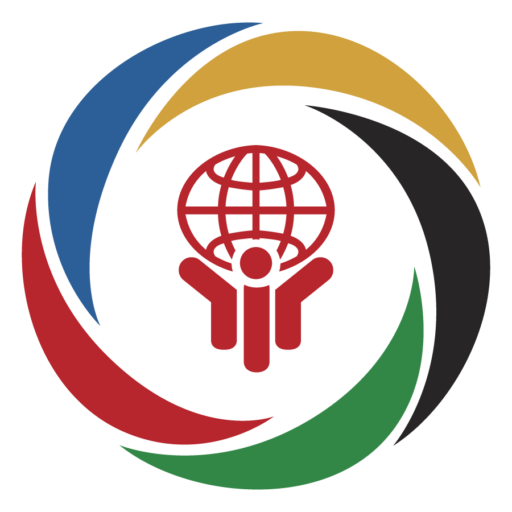As we quickly approach the end of 2018, the International Society of Sport Psychology (ISSP) is taking further strides toward achieving its strategic objectives. For those of you who have not fully tracked our progress, the ISSP has continued to work with societal allies from around the world. One such project has been a multi-societal position stand on accreditation, where we were privileged to work in partnership with the Asia South Pacific Association of Sport Psychology (ASPASP), the European Federation of Sport Psychology (FEPSAC), and the Association for Applied Sport Psychology (AASP). Appointed members from these societies worked together and not only considered the current status of their accreditation endeavours and standards, but also, converging reflections on the future of sport psychology accreditations.
The focus on accreditation in the ISSP has also continued to develop rapidly. Several pieces of the ISSP Registry are now in existence, relating to grandparenting opportunities, supervision standards and mentorship requirements, and boutique modules focused on ethical conduct in professional practice, athlete / exercise mental health, and cultural safety. These are but a few parts of a puzzle that will bring the ISSP closer to transitioning from speaking about standards from afar to creating a form of professional accreditation, the ISSP Registry (ISSP-R). Some of the reasoning behind this important step toward bridging theory, research and practice is a sought after call from developing and emerging countries for an accreditation that is both accessible and culturally idiosyncratic in regards to cultural safety. The ISSP-R is a central mission of this society, and it will help define what we can offer current and prospective members from many parts of our world. Accreditation will be a unifying force among our professionals, whilst building even more professional and clientele capacity.
Another recent development has been the launch of our think tank program. On September 20-21, 2018, Team Denmark and the University of Southern Denmark, supporting the ISSP, were gracious enough to host appointed members from ASPASP, AASP, FEPSAC, and the National Basketball Association’s Players Association in a vibrant discussion focused on “Athlete Mental Health”. This year’s discussion is presently being synthesized and it will be crafted into a consensus statement, published open access by the International Journal of Sport and Exercise Psychology. The discourse was so vibrant, that discussions from this group are now underway to meet again in 2019 and focus in on a yet to be determined sub-topic, organically derived from our recent discussions. One step forward in this process will be that in 2019, access to the think tank is going to expand. Two possibilities being discussed are open access streaming of the discussion and creating a fishbowl, whereby people can travel and attend the discussions in person, sitting on the periphery in the room and at opportune times, posing questions to the think tank participants that might stimulate further discourse. Looking beyond 2019, the task of the ISSP Managing Council for 2020 will be to launch a second think tank topic relevant to our field, and much needed in today’s age. We will have an open call for topic proposals shortly, so do visit our website and enter the dialog.
The ISSP Ambassador’s Program is now also taking a further step in our quest toward capacity building. Each year, we now have a financial budget line, since 2017, for a member of the ISSP Managing Council to travel to an applying country, exchange knowledge, and forge deeper relationships. This year, the country awarded this support is “Ghana”. Layered into this recent initiative, this year, Managing Council will begin leaving books and journal materials to the host – local organizing committee to disburse among its country’s professionals. The ability to fund the cost of moving these written materials around has been from the ISSP Managing Council generously donating any presentational honorariums gained during continuing education opportunities as part of each year’s annual meeting in diverse locations. Several countries have challenges accessing such information on line due to challenges of bandwidth. The ISSP is seeking to support these countries by furthering their access to knowledge that for some countries is taken for granted.
Finally, the International Journal of Sport and Exercise Psychology will acquire an impact factor for the first time before year’s end, 2018, or within months thereafter. Our society’s flagship journal continues to grow in leaps and bounds, and having an impact factor is yet another much needed step in its development.
These are but a few reasons why we continue to seek you out to join the ISSP and engage with us in what is a bright present, with an even brighter future. Our committees are mostly open to joiners – simply visit our organizational chart, find the committee chair, and contact that person.
Dr. Robert Schinke
President of the ISSP

